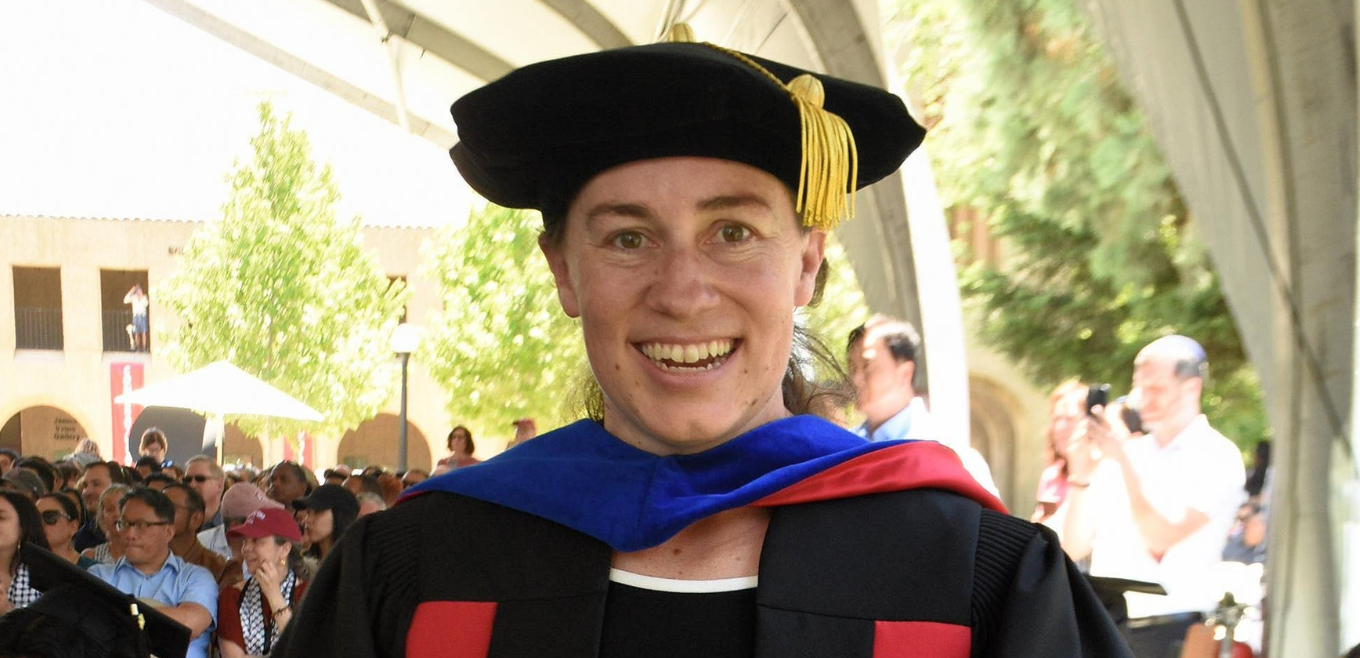Menu
In a mental health crisis? Call or text 988.
Get Help at CHC 
What are you looking for?

Navigating Neurodivergence: Megan’s Journey with the Schwab Learning Center at CHC
PhD student learns to manage learning differences and complete her dissertation
The Schwab Learning Center (SLC) empowers all types of learners to adopt tools and strategies to optimize their performance. Megan’s story is a compelling example of how the SLC provides life-changing support to neurodivergent individuals, especially those navigating academic and professional challenges. Through personalized guidance and resources, the SLC equips clients with the tools they need to thrive, not just academically, but also in other areas of life.
Megan’s Background
Megan grew up in rural eastern Washington and followed an impressive academic and professional trajectory. She attended the Naval Academy for her undergraduate degree, earned a master’s in mathematics, served in the Marine Corps, and recently completed a PhD in math education at Stanford in the summer of 2024. Currently, Megan is working at Harvard as an education research scientist, where she helps refine processes to teach mathematics more effectively.
Finding the Schwab Learning Center

Study space at the Schwab Learning Center
Megan first encountered the SLC while writing her PhD dissertation. She reflected on how much she struggled to write her master’s thesis, saying, “I struggled because it was a long unstructured thing.” Megan was very concerned about her ability to finish her PhD. When she sought out resources from her university, she found that they just weren’t enough. As a result, Megan began to wonder if she might have a learning difference, and her university connected her to the SLC.
Through a partnership with the Schwab Foundation, Stanford students are able to receive services from the SLC at no cost.
Once connected to services, Megan loved the SLC’s tailored approach to helping individuals with neurodivergence, particularly those in high-achieving environments like Stanford. Many of her previous resources had not addressed the root of her challenges. It was always frustrating for her to hear things like “Internal motivation is the best way to be.” She would get upset and think, “I am internally motivated! But I also need structure.”
It was always frustrating for her to hear things like “Internally motivated is the best way to be.” She would get upset and think, “I am internally motivated! But I also need structure.”
Academic Help
Megan has been working closely with Stacey Soderquist, a learning specialist at the SLC, for over a year. Their sessions focused on building the structure Megan needed to complete her dissertation and stay on track with her academic goals. Stacey helped her break down large projects into manageable chunks using tools like the quadrant system (which categorizes tasks into “do now,” “don’t forget,” “must do,” and “want to do”). Together, they created plans and revisited them frequently. Before coming to the SLC, Megan liked to create plans for accomplishing her work. However, when the implementation became difficult, she didn’t know how to get back on track. Stacey helped Megan develop executive functioning skills to manage unstructured projects.

Megan celebrates earning her PhD from Stanford University
Learning Differences Diagnoses
While Megan’s primary reason for visiting the SLC was to complete her dissertation, the impact of the support she received extended far beyond her academic pursuits. Megan received a psychoeducational evaluation, which included Zoom meetings, questionnaires for both her and her partner, and a day and a half of testing, resulting in a detailed report that offered her valuable insight into how her brain works. As Megan put it, “I wouldn’t have gotten this level of testing without the SLC.”
Megan was diagnosed with multiple learning differences. The diagnosis helped Megan understand herself better, explaining some of her habits and how she approached work differently from others. This self-awareness allowed her to build better structures to support her work and life. Throughout this process Megan learned that neurodivergence is actually very common among high achieving people, and the SLC is a critical resource to help people become the best they can be.
Advice and Looking to the Future
When asked what advice she would give to someone considering the SLC, Megan enthusiastically endorsed the program. “I would highly recommend it,” she said. “Working with a learning specialist was helpful. Getting that 1:1 support was great. Seek the testing as well. Even if you’re successful academically, you may be compensating for a learning difference without realizing it.”
Megan is still working with Stacey as she continues to progress in her academic career. Her ultimate goal is to become a professor in a mathematics department. She dreams of making mathematics and STEM fields more accessible for all students, especially those with learning differences like herself.
“Working with a learning specialist was helpful. Getting that 1:1 support was great. Seek the testing as well. Even if you’re successful academically, you may be compensating for a learning difference without realizing it.” —Megan, SLC program alumnus


